|
All of my “Stories in Stone” end the same, the subject of the written piece dies—thus making it possible for them to be interred here in Frederick, Maryland’s historic Mount Olivet Cemetery. Some of these online biographical essays are uplifting, as we frequently recount the life achievements of many of the lives that have shaped Frederick’s past. Other features are quirky and informative, utilizing individuals to give context to local traditions, civic organizations, public/private structures and even explaining why some of Frederick’s streets are named as they are. Occasionally, I will also throw in a melancholy story about a freak accident or happenstance that lead to a premature grave for one of our interred. Two years ago, I was surprised to learn that one of my childhood classmates was buried here in Mount Olivet. I had heard of his death back in 1993 when it occurred, and have again been reminded on the occasion of high school reunions every five years. I truly had no idea his final resting spot was just a few hundred yards out my office window. A “Story in Stone” write-up for this gentleman, Wesley Scot Cover, was contemplated a few years ago, but I decided to wait until August, 2018. This date would mark the 25th anniversary of his passing. When the time came to write the story, I had a difficult time actually putting “pen to paper,” or in today’s updated terms—"fingers to keyboard.” I got particularly emotional in researching, and reading, old newspaper accounts. You see, Wes’ death was no accident, rather it was a horrific situation that found him, and his fiancée, Rona Coomers -Wood, “at the wrong place, and the wrong time.” I decided to table the story then and there, and pick it up one day when I felt more comfortable with the subject matter. 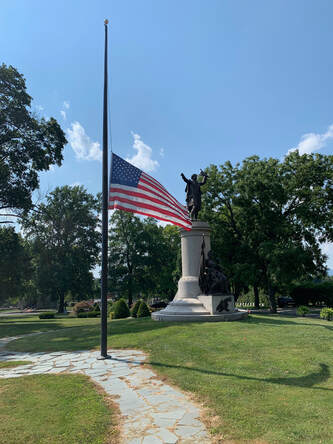 When coming to work on Monday morning, I quickly noticed the flags at half-staff. The events of this past weekend featured troubled gunmen responsible for mass killings in El Paso, Texas on Saturday, August 3rd, and Dayton, Ohio on August 4th. Both shooters were in their early 20's. These senseless massacres have occurred so frequently over the last few years, that we can’t say we are truly shocked and dumbfounded anymore. This is yet another problem. Usually these episodes end with the death, or capture, of the assailant at the hands of the police. Many investigators, including the media, law enforcement, and researchers of human behavior, look for clues as to why a lone killer goes on these shooting sprees. The hope is to find something that will help us in trying to curb these events in the future of course. For the rest of us, we are left questioning our own good-fortune and safety, and that of our family members. Some folks take time to reflect on their own mortality, while others engage in the political debate over gun ownership and background checks. The only thing we truly have control over is the ability to pray for the victim(s) and his/her family. And those not religious, or inclined to pray, should simply demonstrate empathy toward said victims and the immense pain endured by loved ones, friends, co-workers and all other acquaintances. Those who don’t pray, or others incapable of showing empathy, should perhaps be watched carefully. “Red Rover” I can immediately be brought back to a portal of my mind that stores memories from Yellow Springs Elementary School and the mid-1970’s. The Six-Million Dollar Man and M*A*S*H were on the television; Kiss, E.L.O., and KC & the Sunshine Band were on the radio; Jimmy Carter was in the White House; many local kids became bandwagon fans of the Vikings and Steelers; our parents had Bicentennial Fever; and you could occasionally catch a glance of the Concorde flying over Frederick. As for my old school, it was a great place for primary learning. We had a fine group of teachers, a modern school structure (for the time), and surprisingly an American Indian for a mascot (back in the days when you could do that sort of thing). “Chief Montonqua” was a fitting representative for our school because the neighboring community was named for the Sulphur-laden “Yellow Springs” which bordered our school property. This particular location was known to native peoples as Montonqua, roughly translating to “medicine waters,” and was something that not only healed ills, but aided the mind, body and spirit in battle. As a matter of fact, 7th Street leading northwesterly out of Frederick toward this area was once named Montonqua Avenue before being bisected by Camp Detrick in the 1930’s. The further north portion of the route still retains the Anglicized version of the name today—Yellow Springs Road. 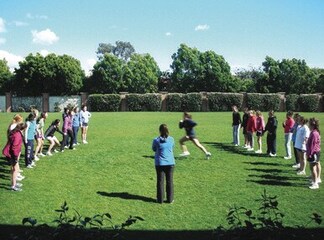 Like a lot of boys, I seem to recall gym class and sports activity in elementary school more so than particulars regarding the three R’s. I also remember the fascination with group activities and exercises such as Greek dodge ball, bouncing volleyballs into the air from outstretched parachutes in the cafeteria, climbing cargo nets and performing three-point tip ups (a gymnastic maneuver) in order to achieve the President’s Physical Fitness badge. In 1976, none of us at Yellow Springs Elementary would sense that change was in the air as a new physical education teacher in 5th grade would turn gym class upside down by introducing us to disco dancing instead of the regular beloved fare of softball, football and basketball. I certainly have digressed with my story, I apologize. One of the best sports moments from elementary school was the school’s annual Field Day, boasting individual and group sport activities ranging from relay races to tug-o-war. A prime memory of this day was the playing of “Red Rover.” The game was wildly popular at one time, but is thought to be taboo these days because of the risk of injury and you'd be hard-pressed to find it played at any elementary school today. For those not familiar, the game is defined by Wikipedia as such: “The game is played between two lines of players (usually called the "East" or "West" team, although this does not relate to the actual relative location of the teams), usually positioned approximately thirty feet apart with hands or arms linked together. The game starts when the first team, in this example the "East" team, calls a player out, by saying or singing a line like "Red rover, red rover, send [player on opposite team] right over", or "Red rover, red rover, let [player on opposite team] come over", or even "Red rover, red rover, I call [player on opposite team] over." The immediate goal for the person called is to run to the other line and break the "East" team's chain (formed by the linking of hands). If the player called fails to break the chain, they join the "East" team. However, if the player successfully breaks the chain, they may select either of the two "links" broken by the successful run, and take them to join the "West" team. The "West" team then calls out "Red rover" for a player on the "East" team, and play continues. The game needs five people to play at least, although this would be a very short game. When only one player is left on a team, they also must try and break through a link. If they do not succeed, then the opposing team wins. Otherwise, they are able to get a player back for their team.” Well, when you have a name that rhymes with "Rover," perhaps trouble can innocently arise thanks to smart-alec/sarcastic juveniles like yours truly. My victim was the above-mentioned Wesley Cover. Wes was a transplant to Yellow Springs, now a resident of Clover Hill, having originally started his elementary career at Waverly Elementary. I immediately coined the phrase: “Red rover, Red rover, send Wesley Cover on over.” I had my teammates in hysterics by boldly pronouncing this at our third-grade field day back in 1976. Seconds later, I suddenly looked up to see young, Master Cover running directly at me with a full head of steam. The chain broke thanks to my foolish conjuring up of Wes’ athletic prowess. He had the last laugh of course, and anyone who knew Wesley Cover knew that he had no malice at all, and was truly a kind and laid-back guy. This same episode would play out again and again whenever Red Rover was played—Wes knew what was coming from me and others. Wes and I were friends and also participated in Cub Scouts together, however I recall Wes showed interest in Boy Scouts and higher level scouting experiences. He was an average athlete and played Little League in his youth. If anything else, Wes Cover was one of those guys prone to crazy miscues or accidents. I recall him coming into school with a black eye and broken nose because he slipped in the bathtub due to his brother leaving the floor wet. When we made the jump to Gov. Thomas Johnson Junior High in 1980, Wes would continue with Babe Ruth Ball and Midget League Football. In high school, Wes joined the wrestling team and we both played football together for the Patriots. I remember Wes being a great sport on the football practice field, and often taking a friendly ribbing from upper-classmen and those of us that had known him since elementary days. Every play involved a ferocity much worse than Red Rover. Wes was such an honest, wholesome and innocent individual, that he set himself up occasionally for pranks and the role of a human punchline. I wouldn’t call his athletic career stellar, as mine wasn’t either, but he was stable and sturdy like a brick wall—a fitting trait since he was very active in our school’s VICA masonry program. In fact, I found an old article saying that he participated in the 1984 Frederick Homebuilder’s High School Olympic contest. Wes also regularly participated in high school blood drives, donating in order to help others in need. By senior year, we all saw Wes Cover’s interests turn towards a potential career in the US military after high school. His senior quote, taken from Gen. Douglas MacArthur, lays testament to this. We both graduated on a warm night in early June, 1985. Our paths wouldn’t cross too many times thereafter. That fall of ’85 found me away at college for my freshman year at the University of Delaware. My Dad had known Wes dating back to our Cub Scout days. He thoughtfully clipped, and sent a newspaper article regarding Wes completing a phase of his basic training. I recall seeing him shortly after at the TJ Homecoming (Nov. 1985) game and dance, and he looked every bit the part of a US Army Airborne Ranger, complete with the stylish beret. We reminisced and laughed about old times, including the ridiculous “Red Rover” tradition I had started back in 3rd grade. I was lucky enough to run into him over Christmas break as well and would see him one more time in the summer of 1986. These would be my last interactions with Wes Cover. I was busy with school over the next three years, and Wes was compiling the fine military career he had contemplated back in high school. I also heard that he had participated in the Gulf War in 1990-91, and came out fine.  Time marched on in the early 1990s, as I now was in the midst of starting my post-college working career. Even though I worked at Frederick Cablevision, the sister company of our local newspaper, and was involved in local public affairs, I had no idea that Wes’ life would meet a tragic end in the summer of 1993. A former classmate told me of his death, a week after it happened. My immediate thought was that Wes had died heroically somewhere on a battlefield or on a complex training mission. He was a Ranger, and those guys are among the toughest—talk about impenetrable if lined up as a chain for a game of Red Rover. I knew Wes was strong, smart, and thoughtful, but I recalled that he was also unfortunate at times. Imagine my surprise when I learned the full story of his death at the hands of a fellow soldier, within the confines of an Italian restaurant in Fayetteville, NC. He was only a mile off base from his home at Fort Bragg Military Installation. Nonetheless, he would die a hero. The Massacre at Luigi’s On Friday, August 6th, 1993, Kenneth Junior French, a US Army master sergeant from Fort Bragg, became enraged with President Bill Clinton and the pending institution of the military’s new "Don't ask, don't tell" (DADT) policy involving service by gays, bisexuals, and lesbians. The policy prohibited military personnel from discriminating against or harassing closeted homosexual or bisexual service members or applicants, while barring openly gay, lesbian, or bisexual persons from military service. After a long afternoon of drinking whiskey while watching Clint Eastwood's The Unforgiven, which concludes with a violent massacre at a saloon, the 22-year old French grabbed two 12-gauge shotguns and sought to display his displeasure in downtown Fayetteville. Unfortunately for Wes Cover and other patrons, French chose the popular Luigi’s Restaurant, operated by an earlier US Army and war veteran named Pete Parrous and his wife Ethel. French pulled up to the restaurant, shouting about President Clinton and homosexuals in the military. He began shooting his weapon outside the establishment and soon made his way inside through a back door to the kitchen. From here, he made his way into the main dining room and shot people at random, killing four and wounding six before being shot and captured by local authorities. The gunman killed Peter and Ethel Parrous, who were 73 and 65 years old. Mr. Parrous had lived in Fayetteville for 54 years and had introduced pizza to the town. Apparently, he pleaded with French not to hurt anyone, when the gunman ruthlessly shot him in the face at point blank range. This prompted Ethel to stand up and scream, which resulted in French next taking her life. The Parrous’ daughter, Connie, would also become a shooting victim, but would recover from her injuries.  Interior view of Luigi's dining room Interior view of Luigi's dining room The other fatalities were 46-year-old James F. Kidd of Wheaton, IL and the former resident of Frederick, Wesley Scott Cover. Mr. Kidd was a lawyer with the Internal Revenue Service and simply in town to visit his 20-year old son Patrick who was stationed at Fort Bragg. At the time of his death, Wes was only 26 years of age and living in Fayetteville. He was currently engaged to be married, and was eating at Luigi’s with his fiancée Rona Wood, after the two had just enjoyed a movie with a good friend. Both were also connected to Fort Bragg. The stories of bravery and selflessness demonstrated by Mr. Kidd, and of my old classmate are heart-wrenching. With mere seconds to act, both men sacrificed themselves in covering their respective dining partners. Not just two, but three lives were directly saved as a result of their “duck and cover” maneuvers as both ultimate victims used their bodies to shield the other (Mr. Kidd’s son and Wes’ fiancée Rona) from French’s deadly fire. Patrick Kidd was physically unhurt as his father draped himself across the young man in the booth in which they were sitting. Wesley and Rona dropped to the floor below the table after the latter had been shot initially. Wes would cover Rona with his body after having ripped his shirt off to help compress the blood seeping from Rona’s open wound. The gunman proceeded to their table and stooped down with his firearm pointed at Wes’ head. Wes asked French not to shoot Rona because she was pregnant. At this point, Wes was callously shot in the head, and slumped further on top of his wounded fiancée. It was at this time that the gunman would be felled by an off-duty police officer, who shot from outside the restaurant’s front plate glass window. Other police arrived moments later and successfully captured French. Here is a link to a short, television news story from 1995 that recounts the incident two years prior: https://www.youtube.com/watch?v=sVQ3zZ658DE Three of those injured were treated at a hospital and released, and three others would be listed in stable condition but recovered. Rona would suffer being shot but survived, albeit with lasting complications including paralysis in her right leg. The miracle of the situation was the protection given by Wes in saving Rona’s life, and that of the unborn son she was carrying. The baby would be born the following February without complications—Rona would name him Stefan Wesley Wood. The shooter, Kenneth Junior French, was wounded in the leg and jaw, and apparently asked responding emergency personnel to let him die. He would make a full recovery but was charged with four counts of first-degree murder and six counts of assault with a deadly weapon with intent to kill. The highly anticipated court case occurred in February, 1994 in Wilmington, NC. French claimed to not remember the events of the murders, stating he had gotten excessively drunk prior to the occurrence at Luigi’s. He said that he had been deeply depressed with President Bill Clinton’s policy allowing homosexuals and bisexuals to serve in the military, under the condition they not divulge their sexual orientation. Defense attorneys for French argued that this decision had struck a nerve with their client and his rage, combined with alcohol, l had him out of sorts. They also cited a lifetime of childhood abuse at the hands of French’s late father as a key factor. They went as far as trying to make the case that French’s actions were not premeditated, rather that he was acting out his aggressions as his father on that deadly night. After a colorful court case, lasting over a week, French was found guilty and sentenced to four consecutive life terms plus 35 years. Since 1998, he has been imprisoned at the Marion Correctional Institute. Luigi’s Restaurant is still open today. It naturally was closed for several months after the tragedy. Pete and Ethel’s son Nicholas Parrous, daughter Linda Parrous Higgins, and son-in-law, Tony Kotsopoulos, did not want to let their parent’s legacy to end with the massacre of August 6th, 1993. They decided to reopen the restaurant later that year and were received with great community support. As I have looked back in old newspapers, I’m a bit surprised to see that the Fayetteville shooting doesn’t seem to have made our local papers. Wes Cover’s obituary appeared here however on August 19th, 1993. He would be buried two days later on August 21st in the cemetery’s KK/Lot 23. As I approached Wes’ gravesite to take a few photographs for this story, I felt a special calm and noticed the peace and tranquility of the surrounding area. Things got very quiet and I swear I heard a faint echo from over forty years ago calling:
“Red rover, red rover….send Wesley Cover on over."
2 Comments
Don Cross
8/7/2019 08:05:11 pm
Wes was my next door neighbor from the time my family moved to Frederick in 1979. I knew him to be a little socially awkward but a very pleasant and laid back person.
Reply
Wayne Strine
6/1/2022 11:07:38 am
Chris, I stumbled across this today and had no idea this occurred. Although I was a year behind you and Wes in school, I remember both of you well. I am currently speechless. What a tragedy. I hope and pray his fiancé and son are doing well despite this horrific event.
Reply
Leave a Reply. |
STORIES
|
Archives
July 2024
June 2024
May 2024
April 2024
March 2024
February 2024
January 2024
December 2023
November 2023
September 2023
August 2023
July 2023
June 2023
May 2023
April 2023
March 2023
February 2023
January 2023
December 2022
November 2022
October 2022
September 2022
August 2022
July 2022
June 2022
May 2022
April 2022
March 2022
February 2022
January 2022
December 2021
November 2021
October 2021
September 2021
August 2021
July 2021
June 2021
May 2021
April 2021
March 2021
February 2021
January 2021
December 2020
November 2020
October 2020
September 2020
August 2020
July 2020
June 2020
May 2020
April 2020
March 2020
February 2020
January 2020
December 2019
November 2019
October 2019
September 2019
August 2019
July 2019
June 2019
May 2019
April 2019
March 2019
February 2019
January 2019
December 2018
November 2018
October 2018
September 2018
August 2018
July 2018
June 2018
May 2018
April 2018
March 2018
February 2018
January 2018
December 2017
November 2017
October 2017
September 2017
August 2017
July 2017
June 2017
May 2017
April 2017
March 2017
February 2017
January 2017
December 2016
November 2016

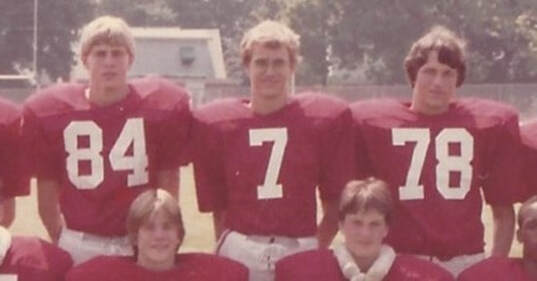

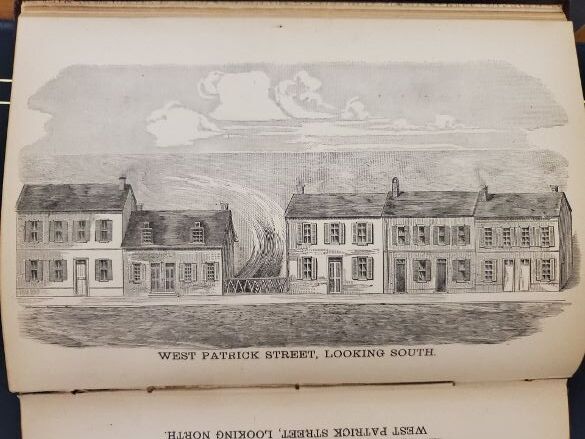
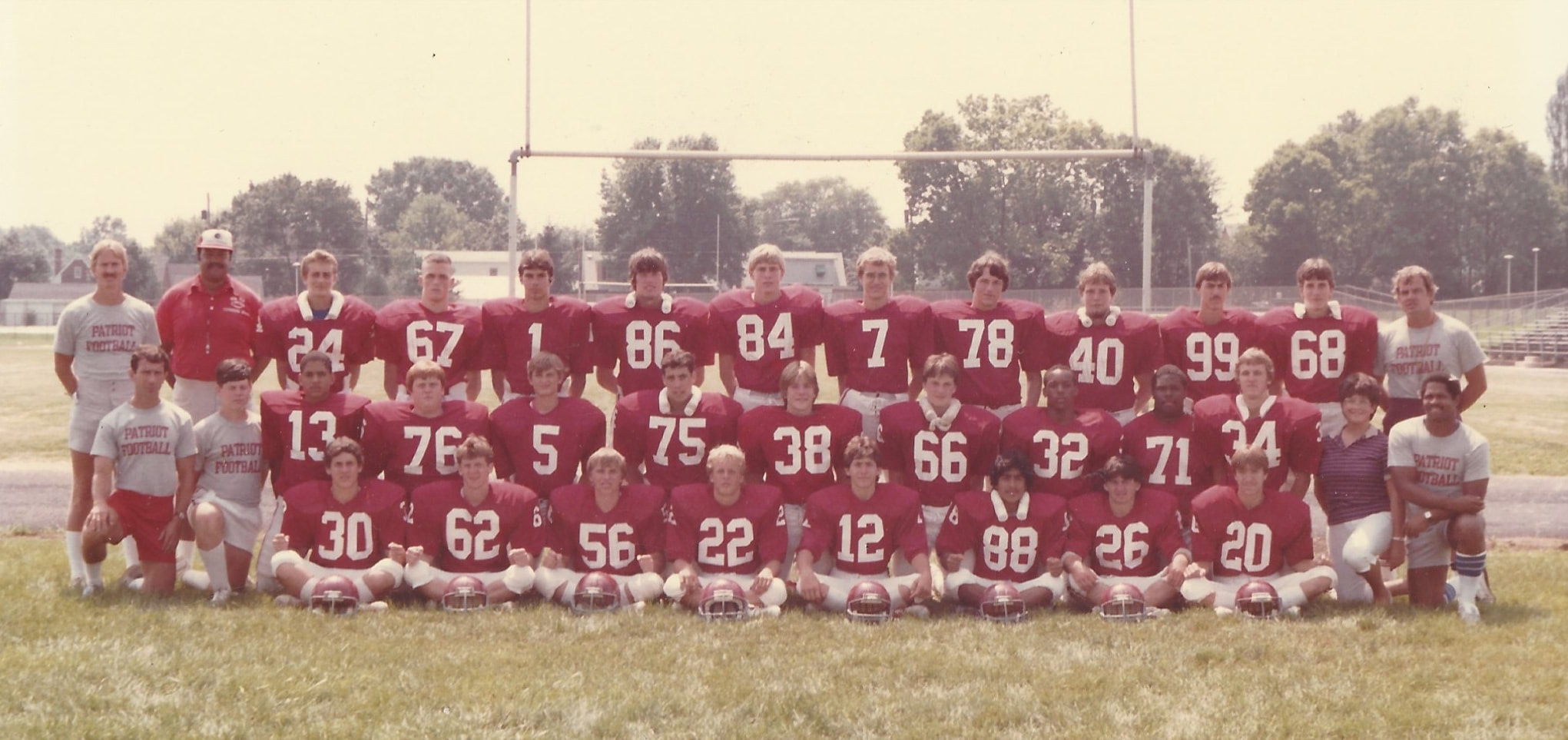
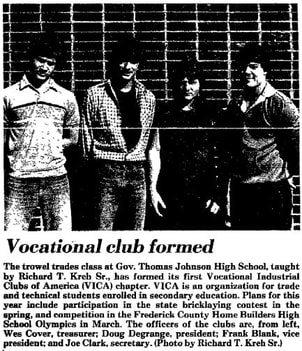
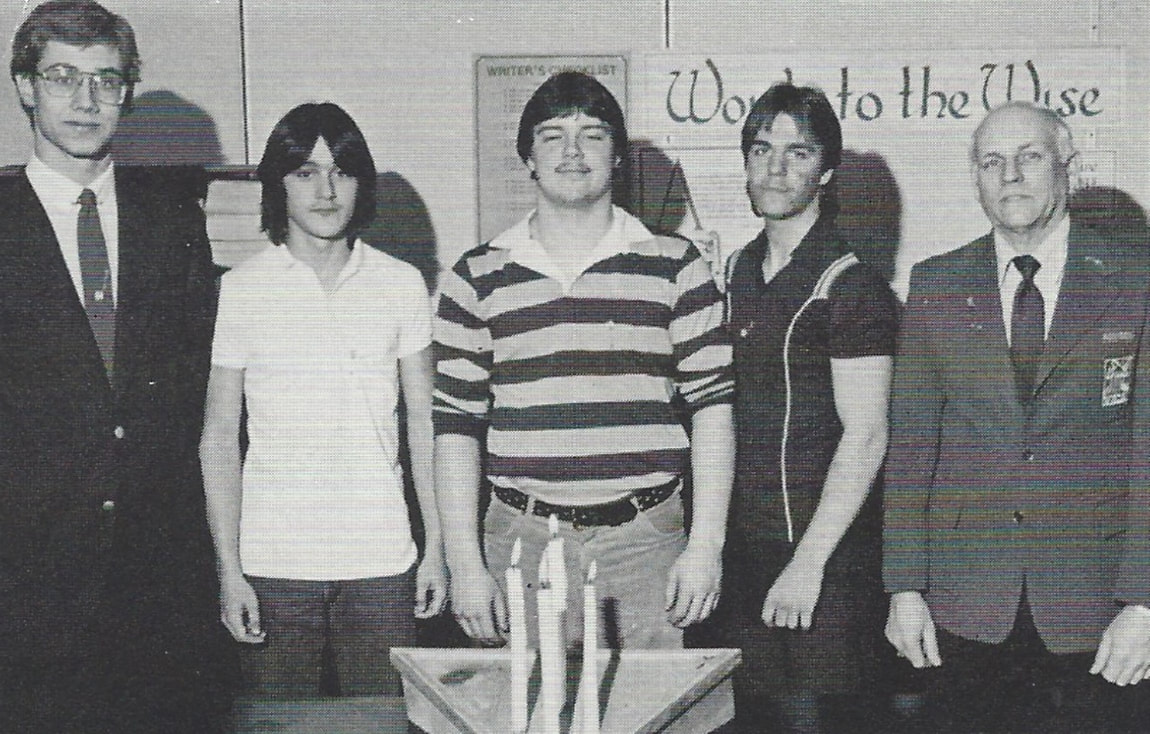
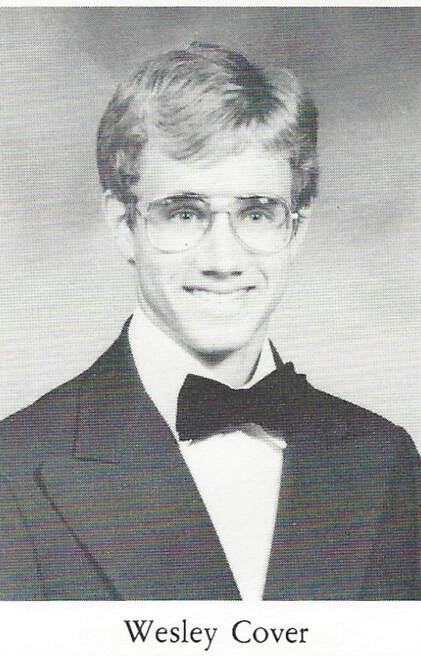
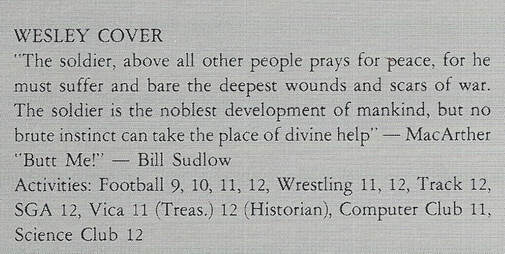
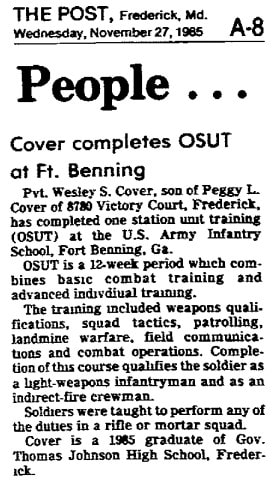

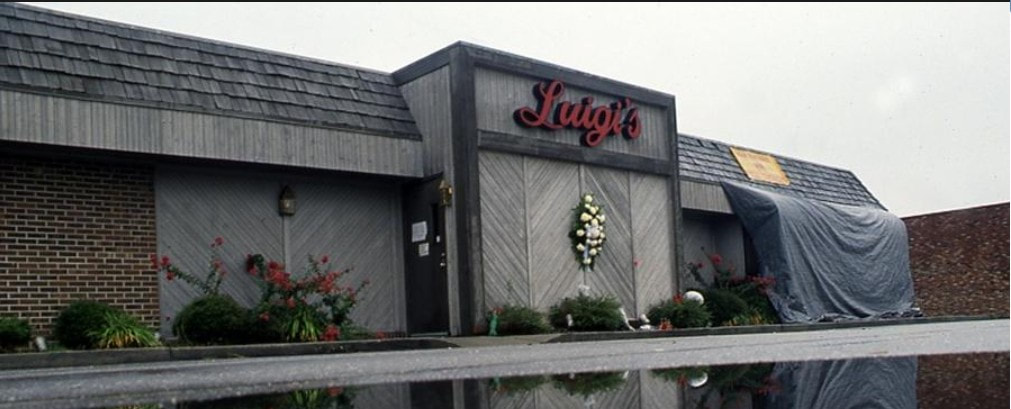
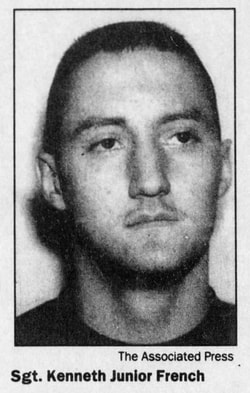
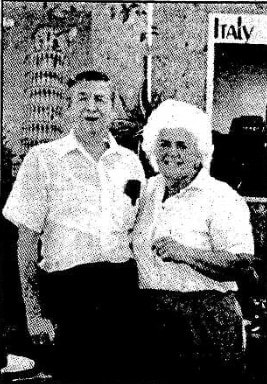
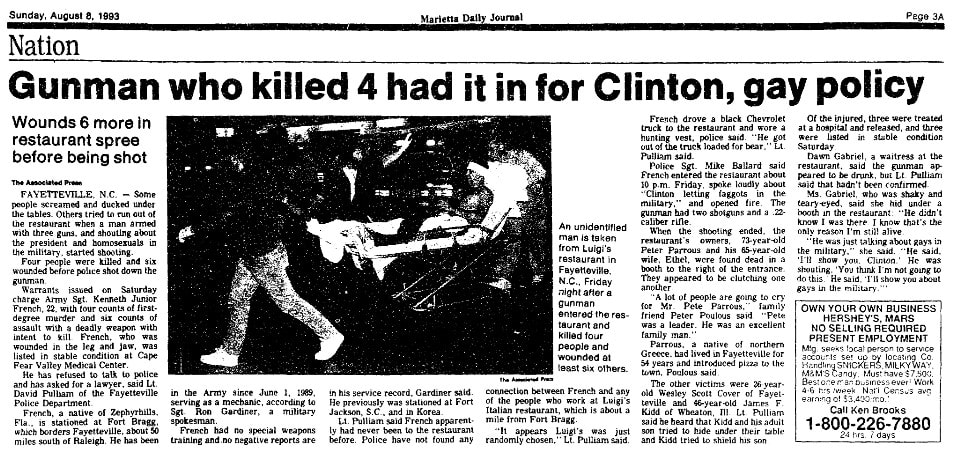
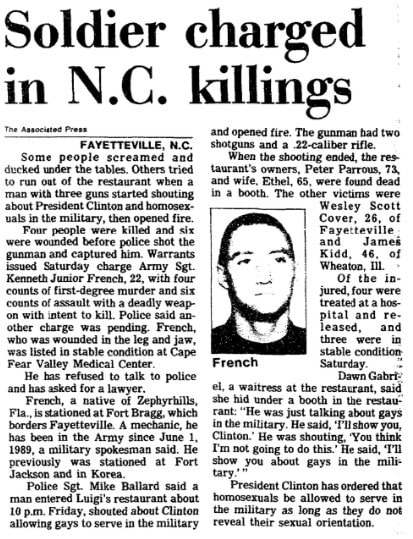
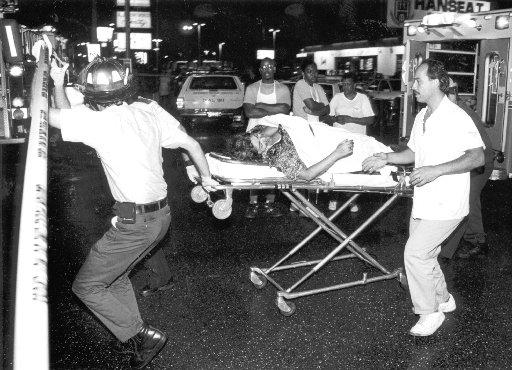
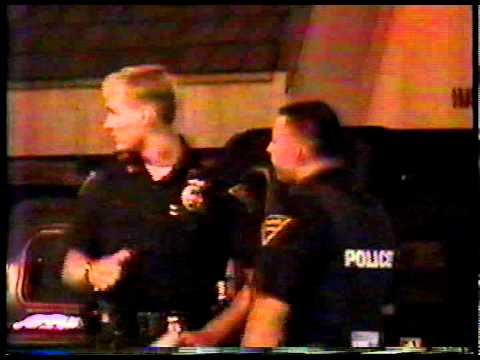
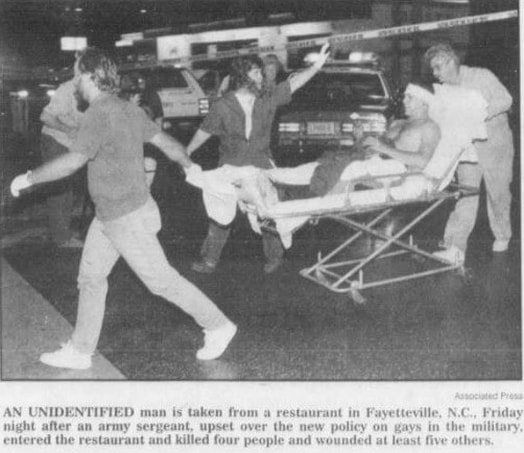
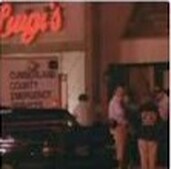
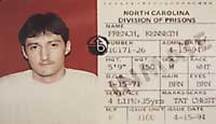

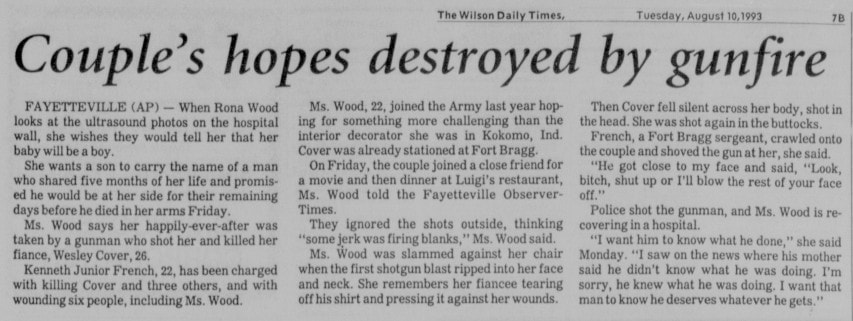
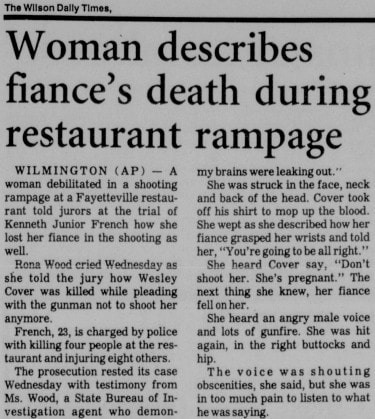
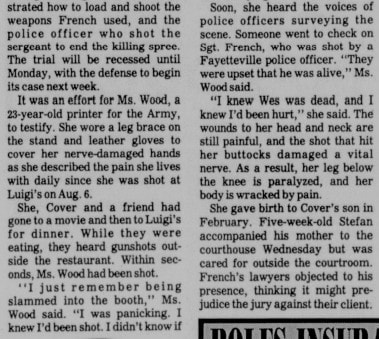
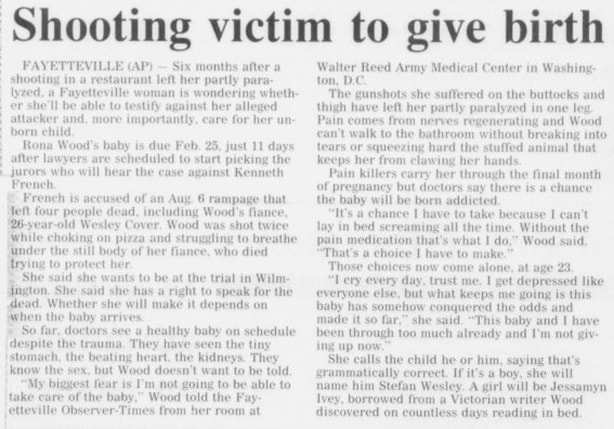
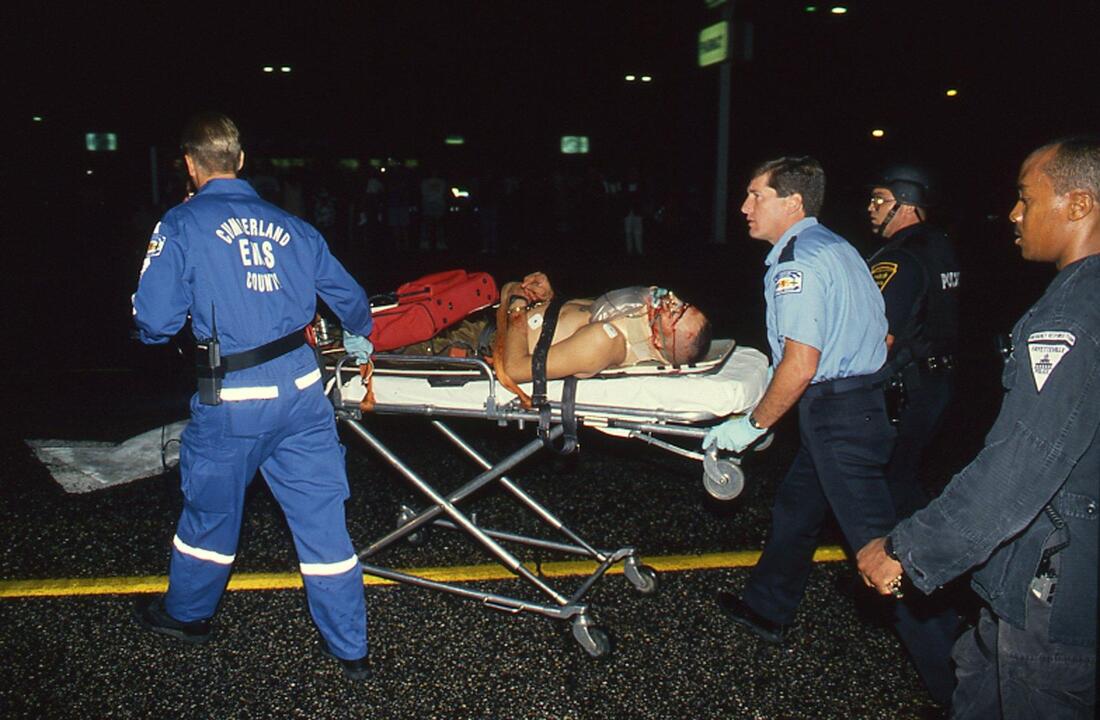
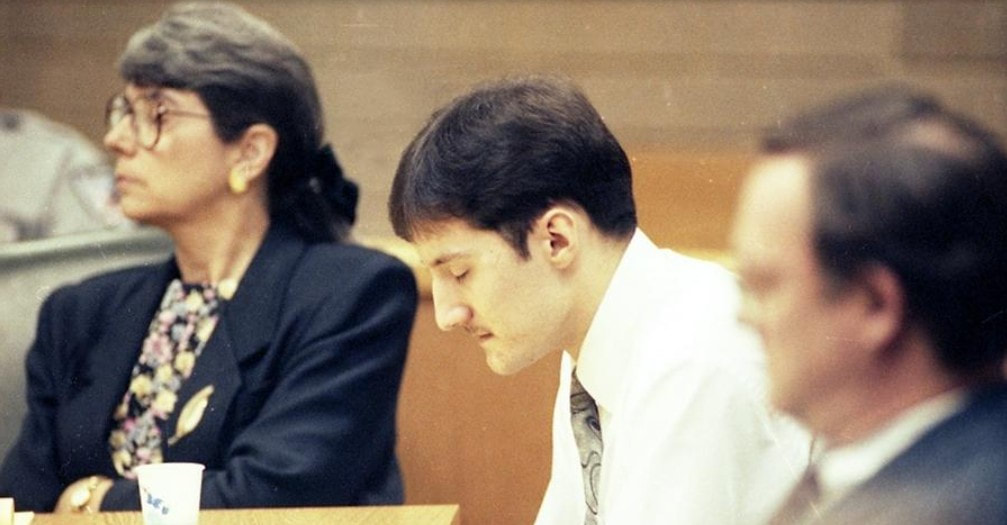

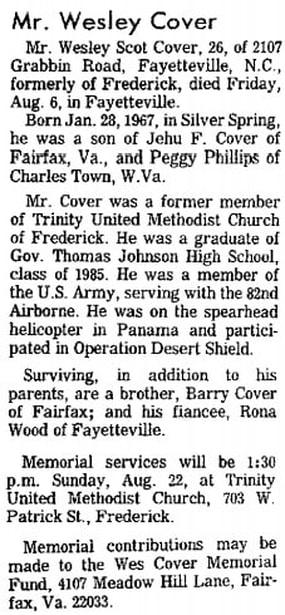
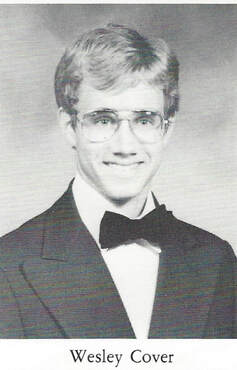
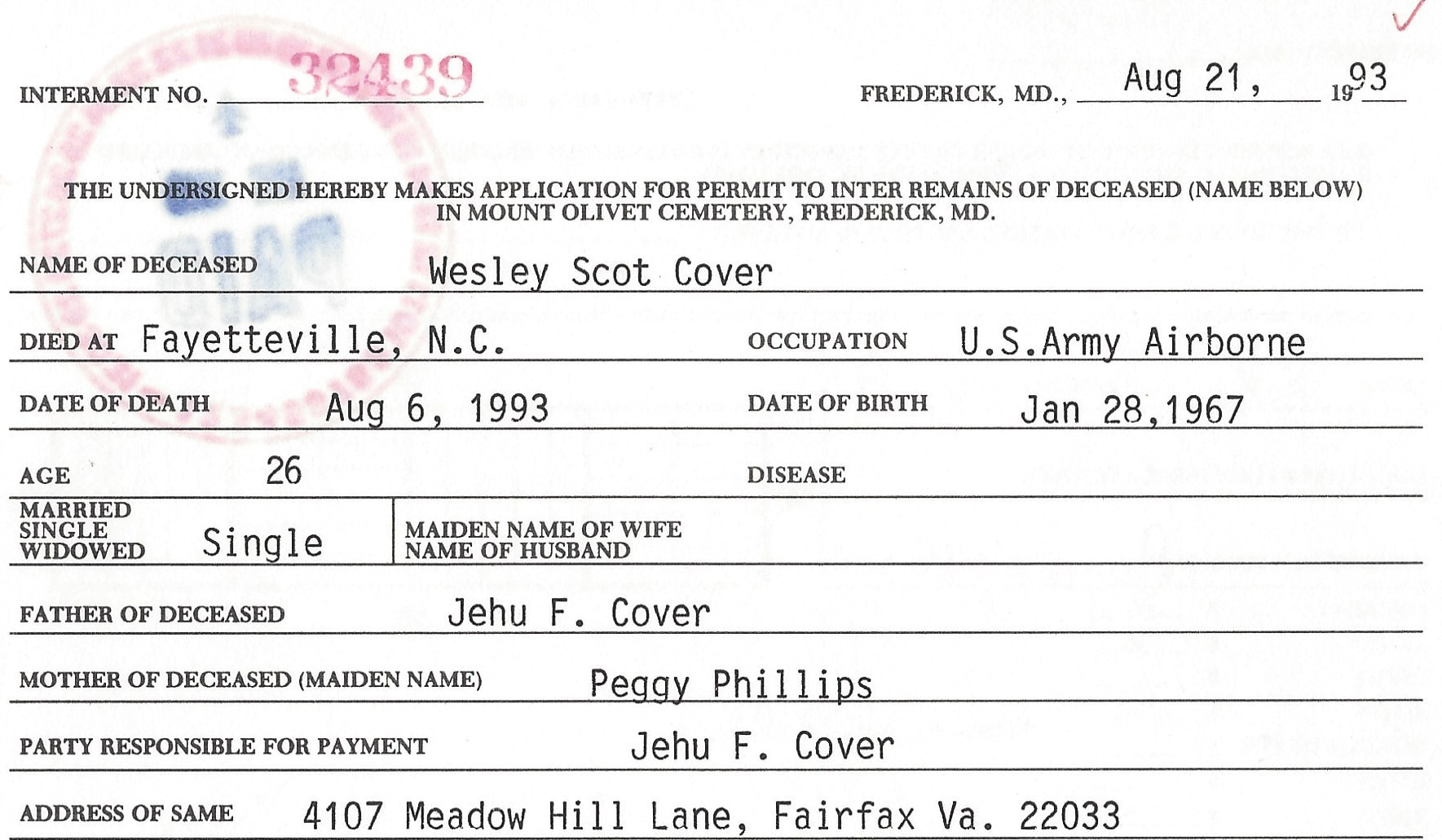
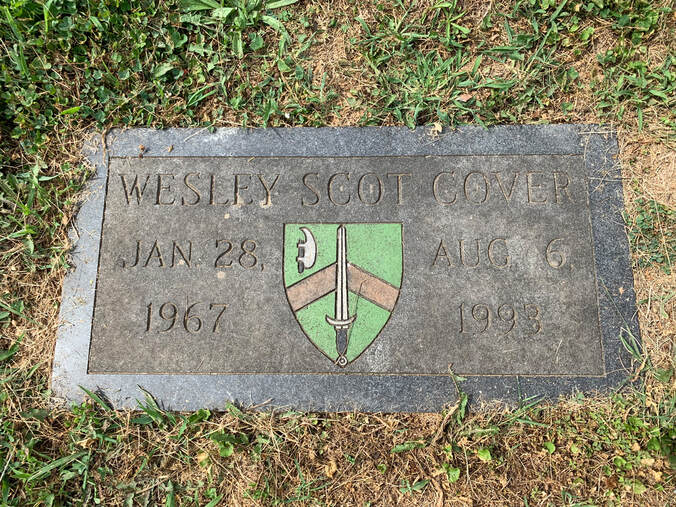
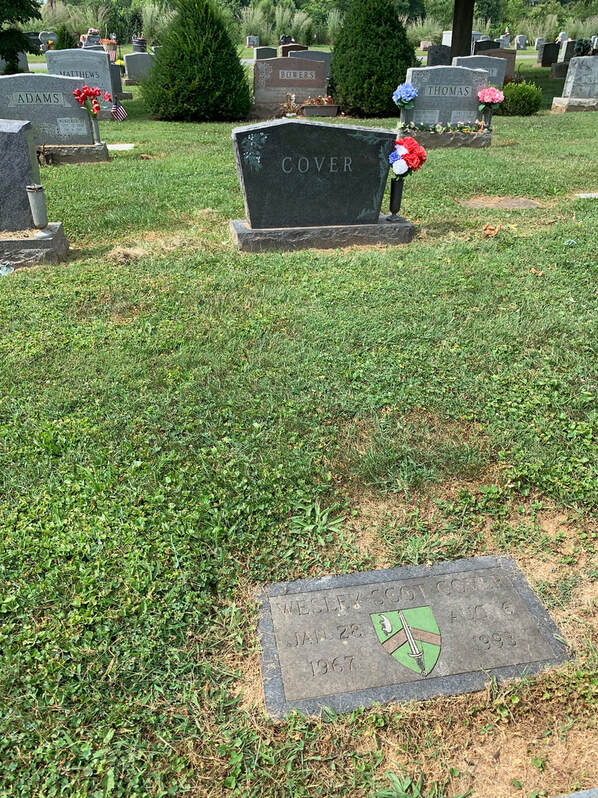
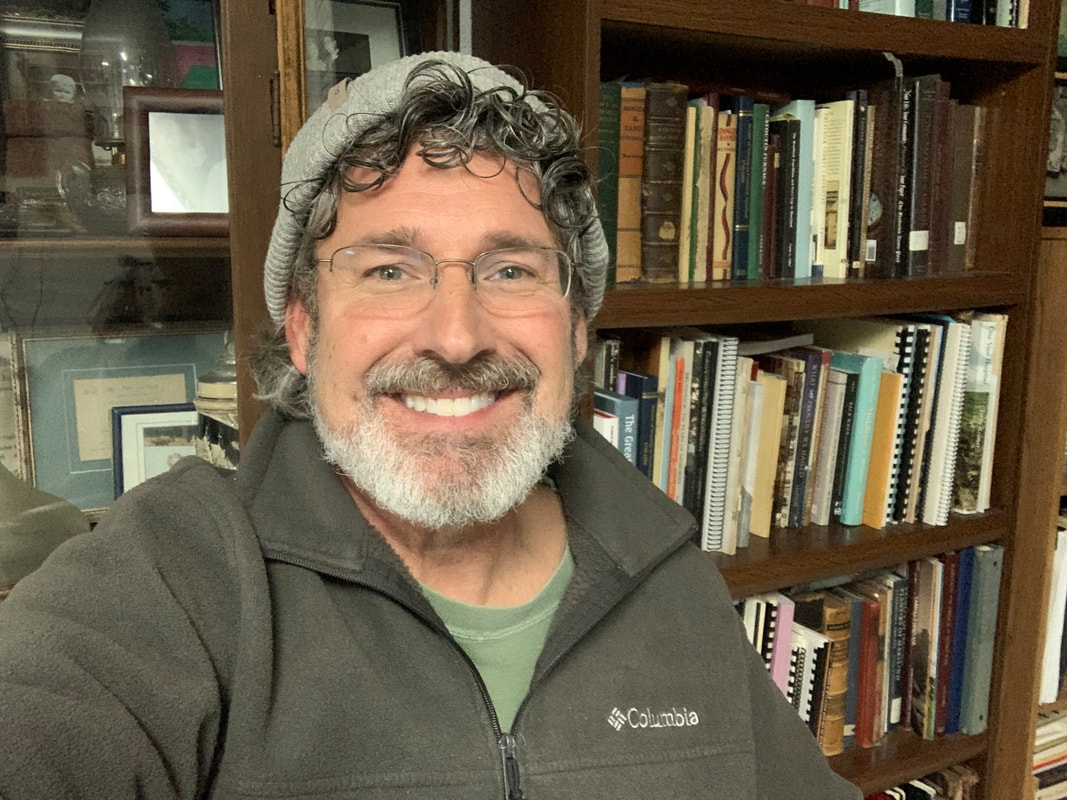
 RSS Feed
RSS Feed